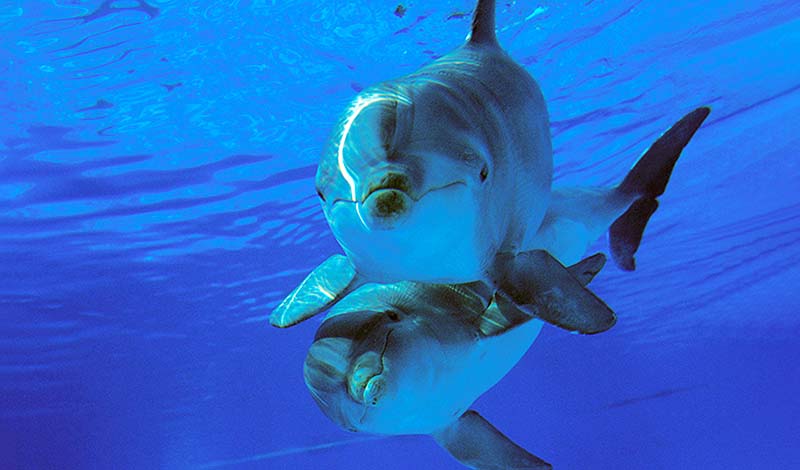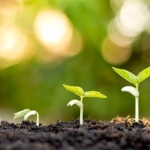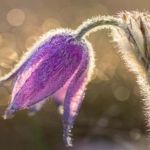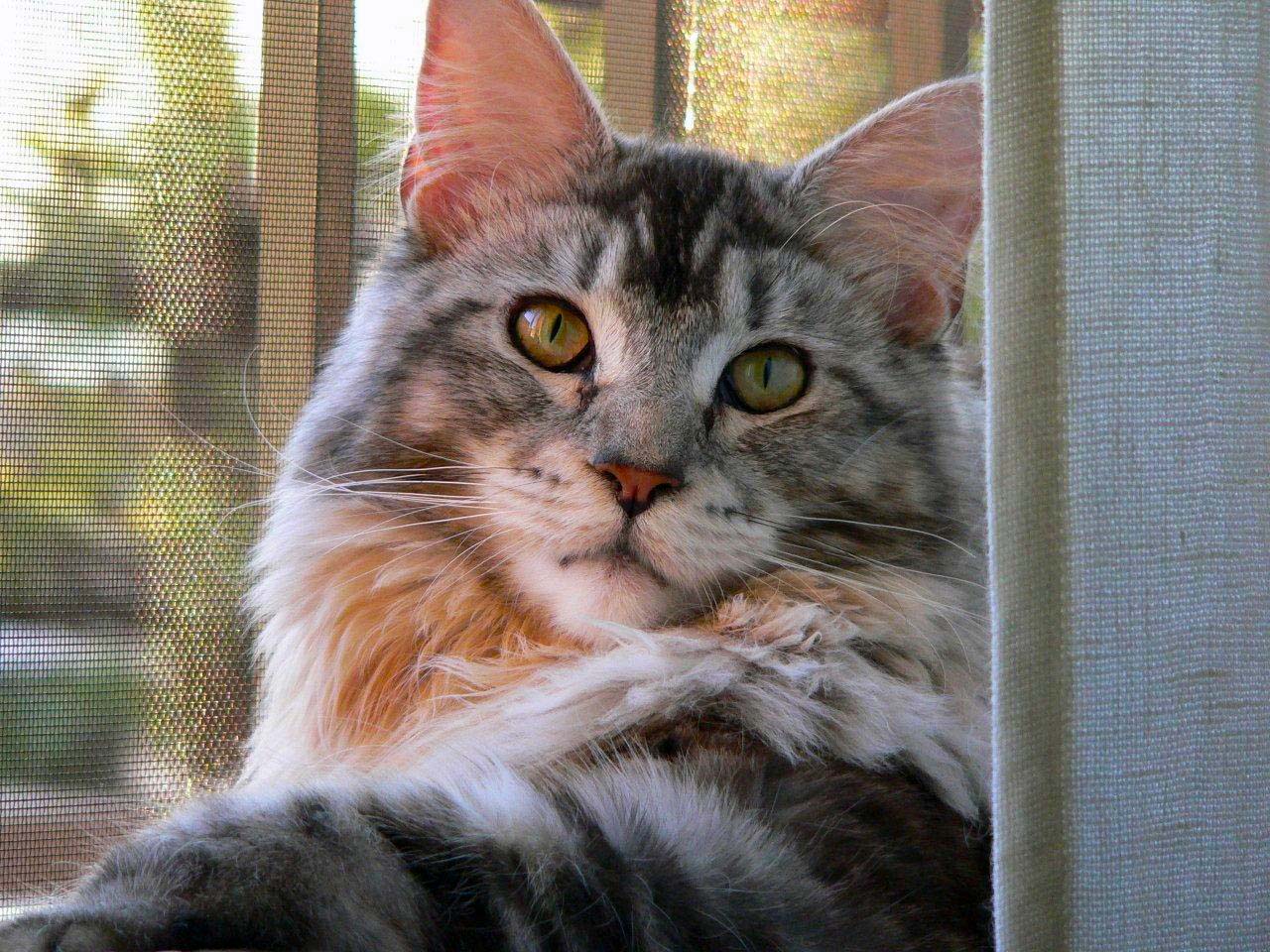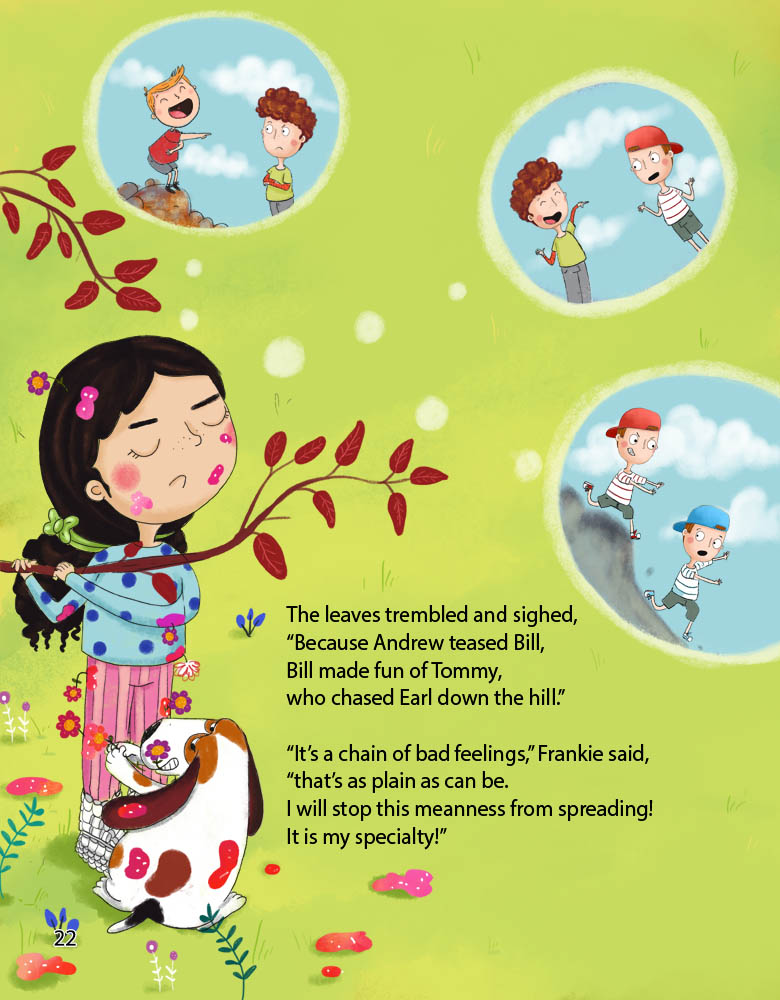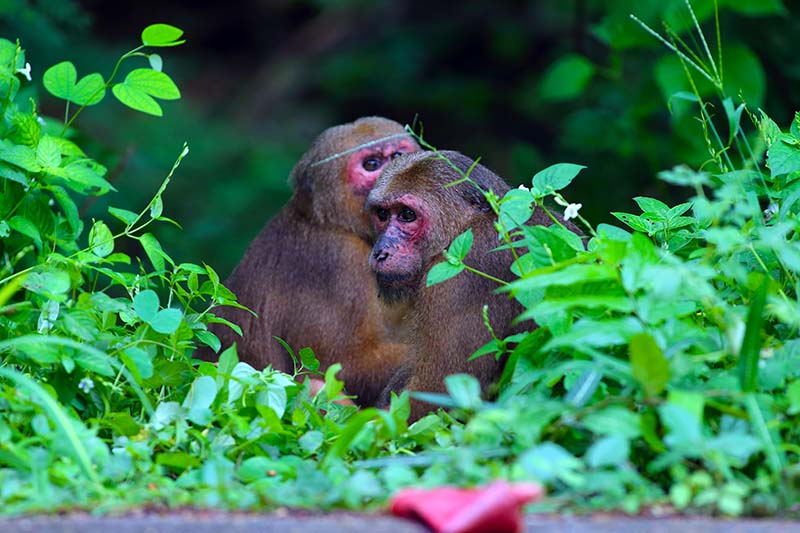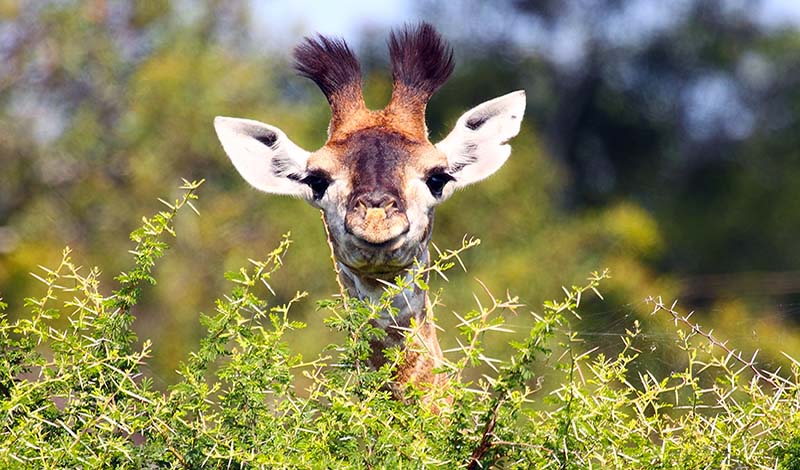
1.5-minute read
It’s International Biodiversity Day!
So, what are we celebrating? Every living thing on our amazing planet.
From the tiny to the tremendous, biodiversity—that’s short for biological diversity—includes bacteria, plants, animals, and we humans, of course. It’s giraffes and gorillas, whales and wombats, bees and butterflies, flowers and fungi, and you and me—oh, and the FWP Maine Coon cat Stella.
Every living organism represents a thread in the fabric of life on Earth. The greater the variety of threads in the fabric, the stronger, the more resilient and more beautiful the weave. Scientists estimate that there are approximately 8.7 million different species of plants and animals on the planet, and they’re still counting.
Maintaining biological diversity is incredibly important to sustaining all living things and supporting our physical, mental, spiritual health and well-being. How important is it? Let’s count the ways we depend on biodiversity:
- Oxygen. Yeah. That’s a big one.
- Clean water. Also a must-have item.
- Carbon storage. Bad things start to happen when our home gets too hot.
- Photosynthesis, nutrient cycling, pollination. That’s how our gardens grow.
- Food, medicine, building materials for shelter. Can’t live life without all of those.
- Resilience against flooding, major storms, and zoonotic disease. Now more than ever.
- Reduced heart disease, asthma, and diabetes. Healthier is happier.
- Reduced stress, anxiety, depression, and aggression. Very essential service.
Love You World. Love You Right Back, People.
When we take care of the living world, it takes care of us—and that’s a big thing to celebrate today and every day. You can learn more about how to help maintain the fabric of life on Earth from the Center for Biological Diversity.
ICYMI Nature Items:
Yummy, Yummy Plastic
Scientists are working on re-engineering a plastic-eating bacterium to break down plastic twice as fast. Given the estimated 6.3 billion tons of plastic polluting the world, we hope that bacterium is hungry.
Songbirds of Western Africa
Shika Shika is back with Volume III of the Endangered Birdsong Project. 100% of proceeds from the album will be donated to conservation projects across Western Africa. Have a listen to some sample tweets and trills here.
Big Birds of Manhattan
If you’re local to NYC, the Audubon Murals 5K Run & Walk is on June 5. Whether you’re a stroller or a sprinter, you can register here to take a tour of the big birds of Manhattan and help support the Audubon Society’s critical work protecting our feathered friends from the impacts of climate change.
Run Around the World
Wherever you find yourself in the first week of June, you can help raise funds to protect biodiversity by participating in the World Wildlife Fund’s live virtual 5K for Nature on June 4th. Or you can choose the WWF 5K anywhere, anytime option and run around your backyard at 3 a.m. in your jammies, if that’s how you roll. Choose your pathway for nature-preservation here.

